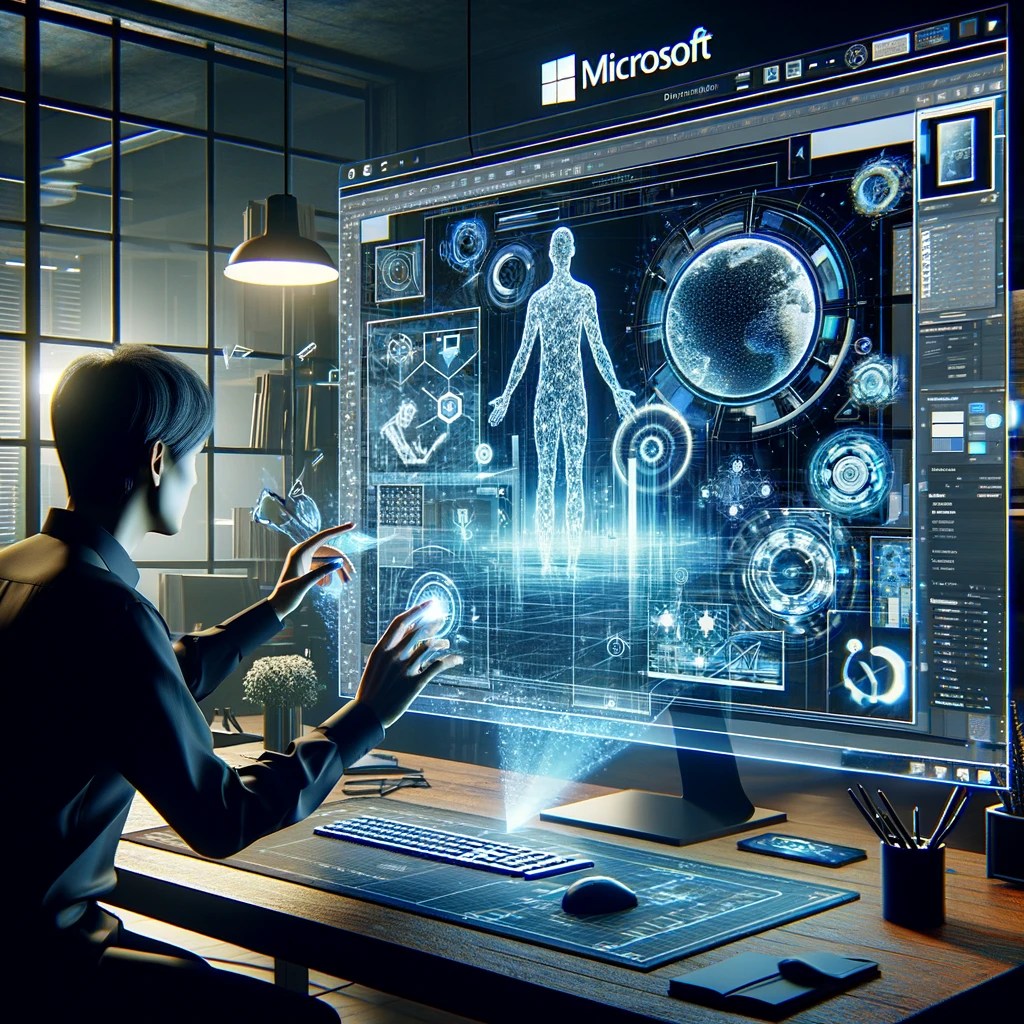Microsoft has announced a number of new features for Copilot, its family of artificial intelligence-based chatbots and assistants. These enhancements were launched in conjunction with an advertising campaign during Super Bowl LVIII. In a post on Microsoft’s official blog, Yusuf Mehdi, Microsoft’s director of marketing, explained what users can expect from Copilot.
“Today marks exactly one year since we entered artificial intelligence-based experiences for people with Bing Chat,” Mehdi wrote. “In that year, we’ve learned so much and have seen the use of our Copilot experiences explode with over 5 billion chats and 5 billion images created to date… Now, with Copilot as our single experience for people looking to get more out of artificial intelligence creation, we’re introducing more features.”
New improvements for Copilot
The Copilot experience on the web, on Android and iOS now features an improved AI model called Deucalion, along with a more “streamlined and modern look,” Mehdi said. Responses have been redesigned in a cleaner style and suggestions have been added to power Copilot, such as “How would you explain artificial intelligence to a sixth grader?”
Designer in Copilot
Designer in Copilot, a tool that uses generative AI models such as OpenAI ‘s DALL-E 3 to turn directions into images, now has new editing capabilities. Copilot users who speak English in the U.S., U.K., Australia, India, and New Zealand can now edit images within the chat, such as coloring an object, blurring the background of an image, or changing the style of the image, such as pixel art. Subscribers to Copilot Pro, Copilot’s premium plan that costs $20 per month, can resize and regenerate images between “square” (i.e., portrait) and landscape formats.
Mehdi announced that Designer GPT will soon be available, offering a “dedicated and engaging canvas” within Copilot where users can “visualize their ideas.”
Challenges and future enhancements
Designer caused quite a stir this year when malicious users, mainly from the 4chan image forum, used the tool to create pornographic deepfakes of Taylor Swift and spread them on X (formerly Twitter). Microsoft said Designer had protections designed to prevent inappropriate claims, but users found ploys such as misspelling names and describing images that did not explicitly use sexual terms but generated the same result.
Last month, Microsoft said it had addressed Designer’s shortcomings by making it impossible to generate images of celebrities. However, as with all GenAI tools, it is likely to be an endless cat-and-mouse game between bad actors and vendors.
Democratization of innovations in AI
“Microsoft’s advances in AI are in line with our corporate mission to empower every person and organization on the planet to accomplish more,” Mehdi continued. “With Copilot, we are democratizing our breakthroughs in AI to help make the promise of AI real for everyone.”
Mehdi did not address performance issues with Copilot Pro, a common complaint among early subscribers. Copilot Pro should offer priority access to the underlying OpenAI models that power Copilot, even during peak usage periods, but users report exceptionally long generation times and other potentially related bugs. Windows Central speculates that the root of the problem is insufficient server capacity, but without official comment, it is impossible to know for sure.

